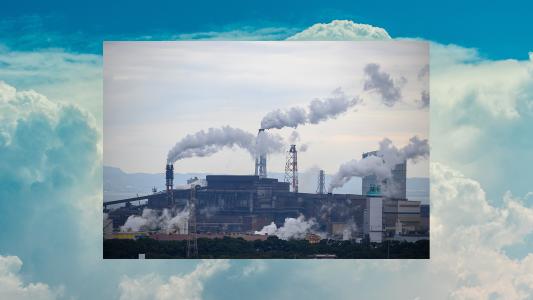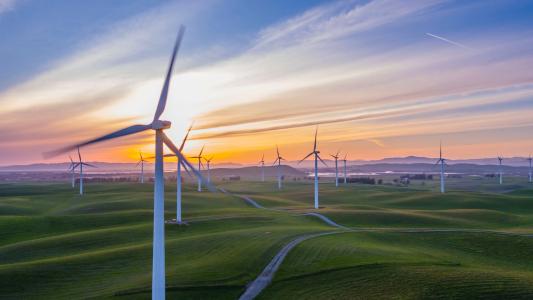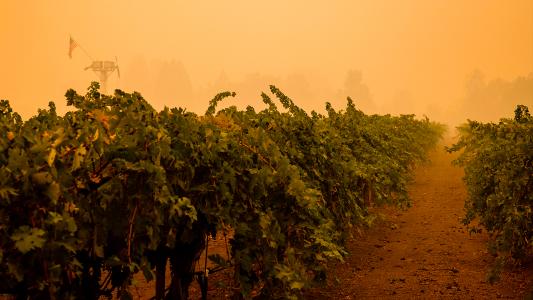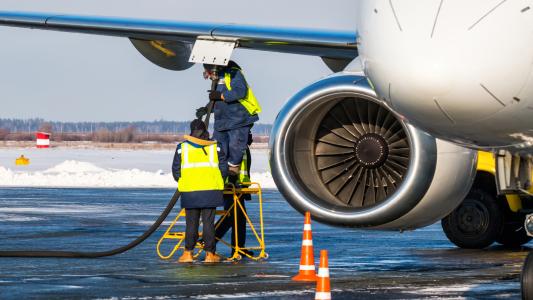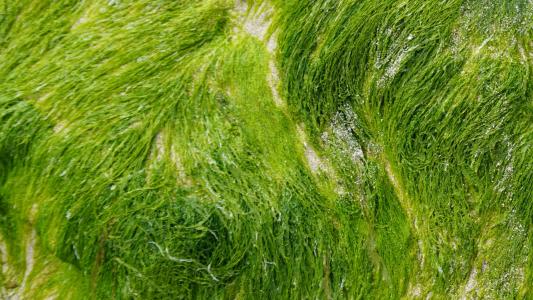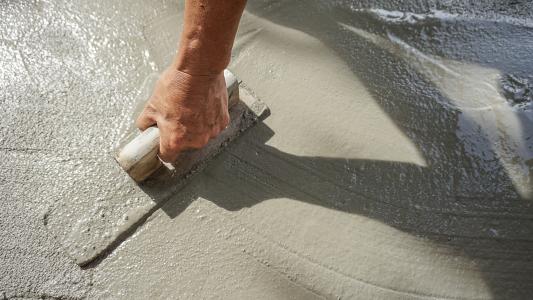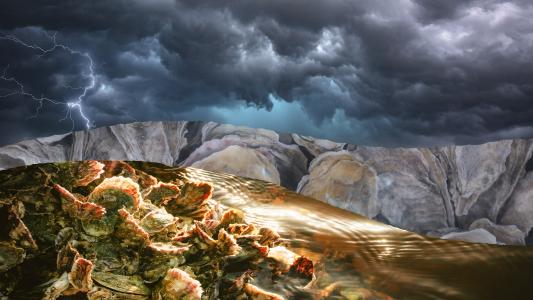Climate Crisis
Climate transparency is about to get real with this independent database
A new independent database uses satellite data and AI to track global greenhouse gas emissions in near real-time, boosting climate transparency.
Climate tech is booming — and this is better news than COP26
It’s estimated that 65% of emissions reductions can be achieved by existing technologies. The other 35% will need to come from tech breakthroughs.
The world will electrify. This technology can power our sustainable future.
In partnership with Turntide
Attacking climate change requires reimagining our buildings and vehicles as intelligent systems. And it all starts with a smart motor.
Using AI to help save wine from wildfires
California startup Tastry is using its wine “tasting” AI to help save wines impacted by wildfire smoke.
We could see planes fueled by captured CO2 in 2022
Dimensional Energy, a startup based in New York, plans to use this new environmentally friendly jet fuel to conduct flight tests by 2022.
A robot boat tows kelp forests and sequesters carbon
The startup, Phykos, has sent a prototype of a solar-powered watercraft on a carbon-sequestering cruise in the Pacific Ocean, using an innovative kelp forest.
This new concrete soaks up a greenhouse gas
Engineers in Japan have discovered a new method for making concrete by recycling concrete rubble — and combining it with carbon dioxide drawn from the atmosphere.
Can sponge cities help us prepare for more floods?
Deadly floods are expected to get worse over the next decade. One design solution for cities is to make them more porous — like a sponge.
How oyster reefs protect against hurricane damage
Coastal cities are turning to eco-engineering to protect their coastline from storm surges and hurricane damage. Their floodwater solution: building oyster reefs to act as a natural breakwater.
Study suggests preserving food using tech developed for organs
By preserving food with isochoric freezing, we could improve quality and decrease energy usage in the frozen food industry, say scientists.
